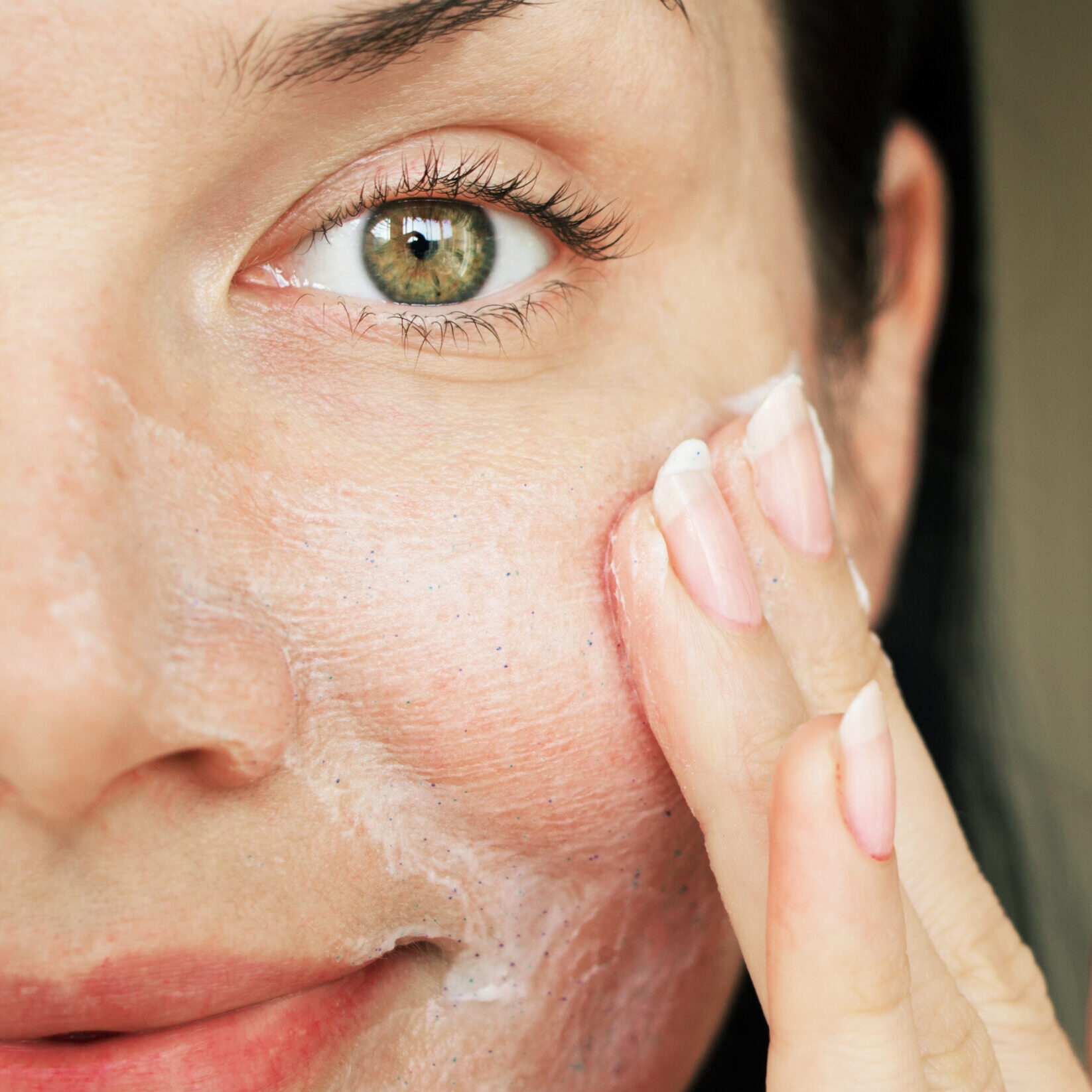Winter can be a challenging season for everyone, but for those with sensitive skin, it can be particularly harsh. The cold, dry air combined with indoor heating can strip the skin of its natural moisture, leading to dryness, irritation, and discomfort. Preparing your sensitive skin for winter is essential to maintain its health and comfort. This comprehensive guide will provide you with practical steps and tips to protect your skin from the winter elements and keep it soft, smooth, and hydrated all season long.
Understanding Sensitive Skin
Sensitive skin is more than just a fleeting discomfort; it’s a condition that affects many people and requires careful management. Those with sensitive skin often experience symptoms like redness, itching, dryness, and a tendency to break out or develop rashes. These reactions can be triggered by various factors, including environmental changes, stress, certain skincare products, and even diet.
Understanding whether you have sensitive skin is the first step in managing it effectively.
Common indicators include:
Frequent Redness: Your skin often appears red or inflamed, especially after exposure to certain products or environmental conditions. Itchiness and Dryness: You experience persistent itchiness or dry patches that are hard to soothe.
Reactions to Skincare Products: Your skin reacts negatively to many skincare products, leading to burning or stinging sensations. Prone to Breakouts: Even mild skincare products can cause breakouts or rashes. By recognising these symptoms, you can tailor your skincare routine to better suit your sensitive skin, especially as winter approaches.
Impact of Winter on Sensitive Skin
Winter’s arrival brings a significant drop in temperature and humidity levels, creating a hostile environment for sensitive skin. The cold air outside and the dry, heated air inside can both strip away the skin’s natural moisture barrier, leading to a variety of skin issues. Sensitive skin is particularly vulnerable to these changes, making it essential to adapt your skincare routine accordingly.
Key Winter Challenges for Sensitive Skin:
Dryness: The lack of humidity in the air can lead to extreme dryness, causing your skin to become rough and flaky.
Increased Sensitivity: Cold wind and temperature fluctuations can exacerbate skin sensitivity, leading to more frequent flare-ups and irritation.
Compromised Skin Barrier: The skin’s natural barrier is more likely to become compromised, making it harder for your skin to retain moisture and protect against environmental aggressors.
Understanding these challenges is crucial for developing a winter skincare routine that protects and nourishes your sensitive skin.
Step-by-Step Guide to Winter Skin Care for Sensitive Skin
Step 1: Gentle Cleansing
Cleansing is the foundation of any skincare routine, but for sensitive skin, it’s important to choose products that won’t cause irritation. Harsh soaps and cleansers can strip the skin of its natural oils, leading to dryness and discomfort. Instead, opt for mild, fragrance-free cleansers that are designed for sensitive skin.
Goat Soap with Coconut Oil is an excellent choice for a gentle cleanse. This soap combines the moisturising properties of goat milk with the soothing effects of coconut oil, making it ideal for sensitive skin. Goat milk contains natural fats that help to hydrate and nourish the skin, while coconut oil provides additional moisture and helps to maintain the skin’s natural barrier.
Step 2: Regular Moisturisation
Moisturising is crucial for maintaining skin hydration, especially during winter. Look for moisturisers that contain natural, gentle ingredients like aloe vera, hyaluronic acid, and glycerin. These ingredients help to lock in moisture without causing irritation.
Apply moisturiser immediately after cleansing to trap in hydration. For extra protection, consider using a richer cream at night to help repair and soothe the skin as you sleep.
Step 3: Hydrating from Within
While topical products are important, hydrating from within is equally essential. Drink plenty of water throughout the day to maintain overall hydration. Herbal teas and water-rich fruits and vegetables can also contribute to your hydration levels.
Step 4: Protecting Your Skin
When venturing outdoors, protect your skin from the elements. Wear scarves, hats, and gloves to shield your skin from cold winds. Despite the lower UV levels in winter, it’s still important to use sunscreen to protect against UV rays that can damage sensitive skin.
Step 5: Humidifying Your Environment
Indoor heating can dry out the air, exacerbating skin dryness. Using a humidifier can add moisture back into the air, helping to keep your skin hydrated. Aim to keep indoor humidity levels between 30% and 50% to create a skin-friendly environment.
Additional Tips for Sensitive Skin Care in Winter
Avoid Long, Hot Showers: While it may be tempting to take long, hot showers in the winter, they can strip your skin of essential oils. Opt for shorter, lukewarm showers instead.
Gentle Exfoliation: Use gentle exfoliants to remove dead skin cells without irritating your skin. Look for products with mild exfoliating agents like lactic acid or finely ground oats.
Skin-Friendly Fabrics: Wear clothing made from natural, breathable fabrics like cotton. Avoid wool and synthetic fabrics that can irritate sensitive skin.
Embrace Winter with Healthy Skin by Goat Soap Australia
Winter can be tough on sensitive skin, but with the right care, you can keep your skin healthy and comfortable throughout the season. By following these steps and incorporating gentle, hydrating products like Goat Soap with Coconut Oil into your routine, you can protect your skin from the harsh winter elements. Remember, consistency is key—adopt a skincare routine that works for you and stick with it to see the best results. For more tips on winter skincare, check out our blog on Embrace Winter Comfort: Essential Moisturisers for Sensitive Skin.
For more information on products designed for sensitive skin, visit Goat Soap Australia. Embrace the winter season with confidence, knowing your skin is well cared for.


